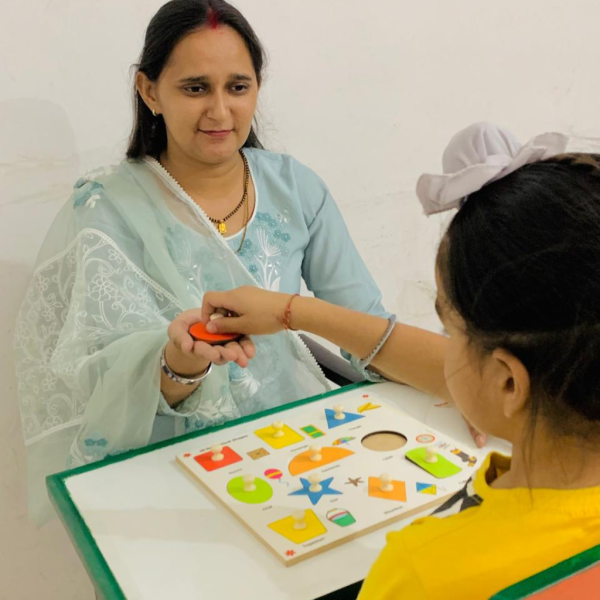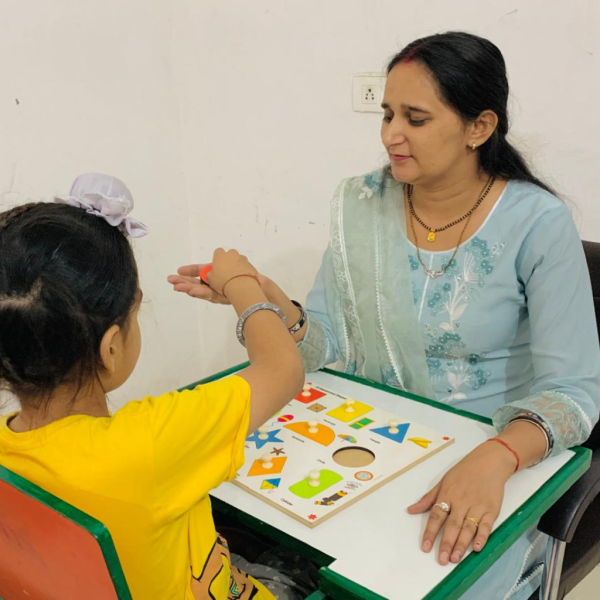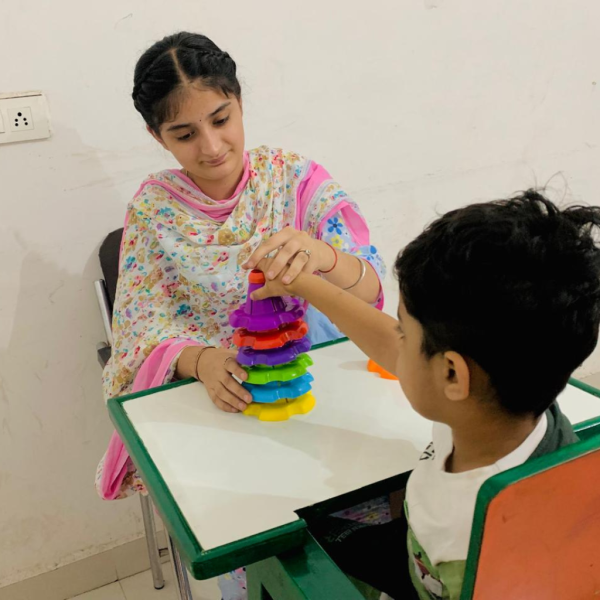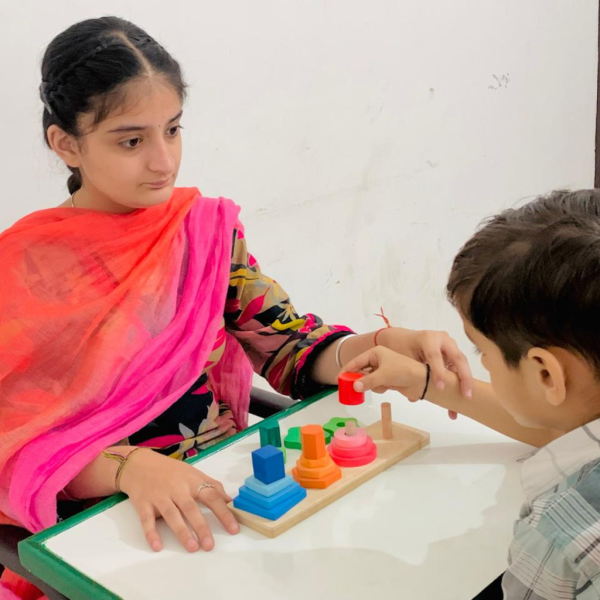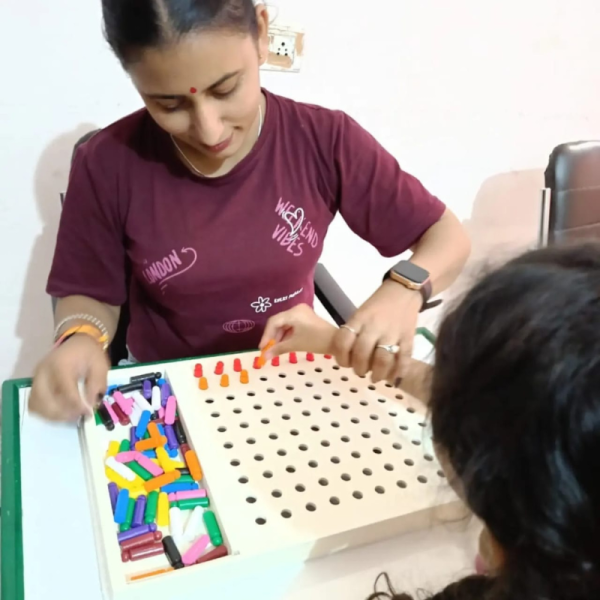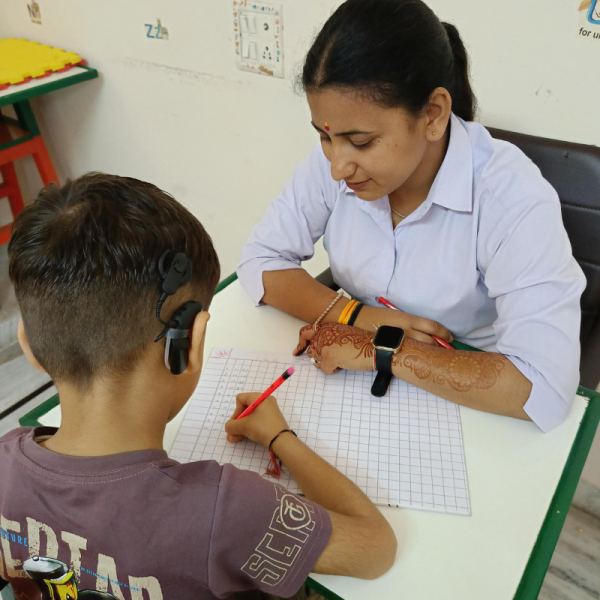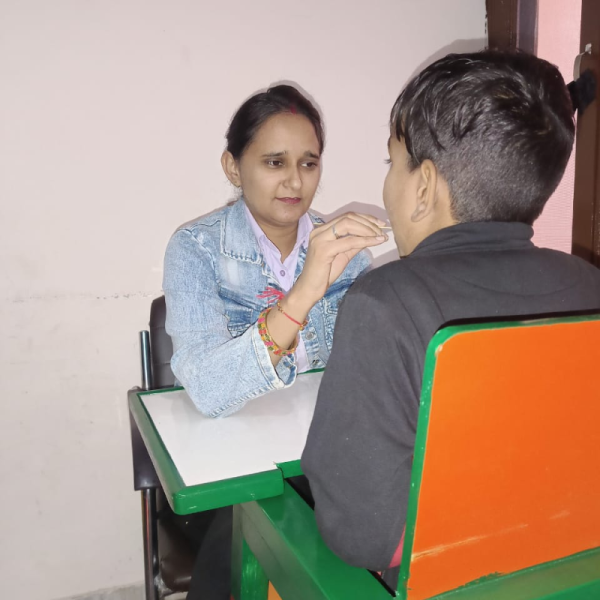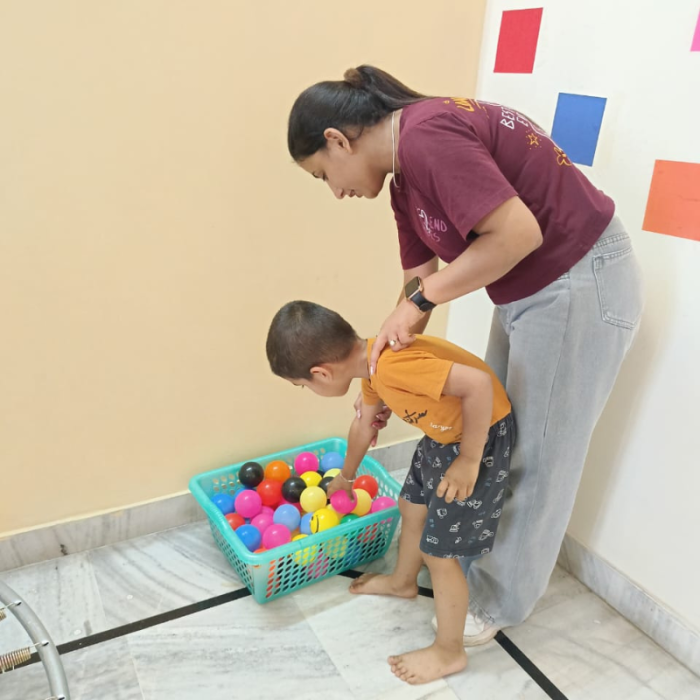How to Treat Autism-Related Eating Disorder at Home: 5 Proven Tips for Parents
Many parents of children on the autism spectrum face a frustrating and emotional challenge — their child refuses to eat basic nutritious foods like fruits, vegetables, milk, or curd. It’s not just picky eating; it’s often due to sensory processing issues commonly found in autistic children. These food-related issues can impact a child’s growth, immunity, and overall well-being.
But here’s the truth: with consistency, patience, and the right strategies at home, your child can overcome eating challenges. You don’t need fancy tools or expensive therapies to get started — just a calm mind and smart methods.
Let’s explore 5 practical, parent-tested strategies to deal with food refusal at home.
1️. Follow the “One Week – One Food” Rule
Instead of offering something new every day, choose just one food item per week — such as banana, mashed potato, soft khichdi, or curd. Offer the same item daily for 6–7 days.
Why this works:
- Repetition builds familiarity, and familiarity reduces fear.
- The same food allows your child to adjust to its taste, smell, and texture.
- It also builds predictability, which is soothing for autistic children.
Pro Tip: Start with soft, bland foods. Avoid crunchy, sour, or spicy items in the beginning.
2. Don’t Panic if Your Child Vomits or Gags
Many children with autism may gag, spit, or even vomit when introduced to new textures. While alarming, this is often a sensory issue, not a medical intolerance.
Stay calm. Avoid giving any strong reactions, as this may reinforce their avoidance. Some kids even learn to mimic gagging to avoid foods they don’t like.
Instead of removing the food, wait a few minutes, and try again playfully. A gentle, persistent approach can bring gradual improvement.
3️. Avoid Junk Food as a Replacement or Reward
Parents often get worried when their child refuses a meal and end up giving biscuits, chips, bread, or chocolates to avoid hunger. This is a huge mistake.
Doing this teaches the child that “If I don’t eat this, I’ll get my favorite snack later.” This not only reinforces poor eating behavior but can cause nutritional imbalances over time.
Stick to the meal plan. Even if the child skips a meal once or twice, it’s okay. Slight hunger may actually increase the child’s willingness to try new food.
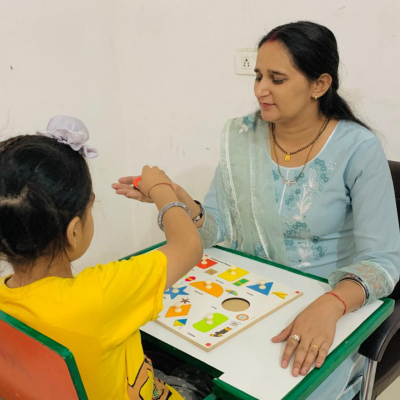
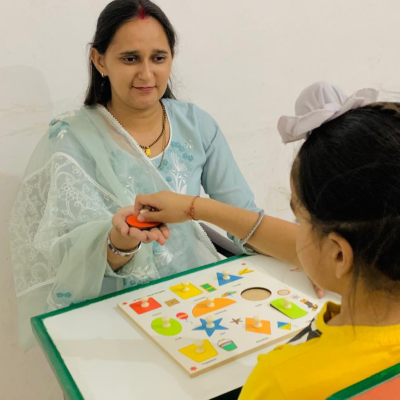
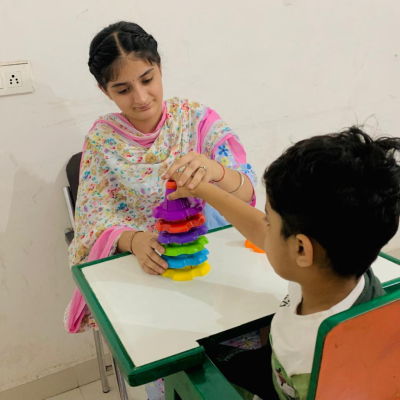
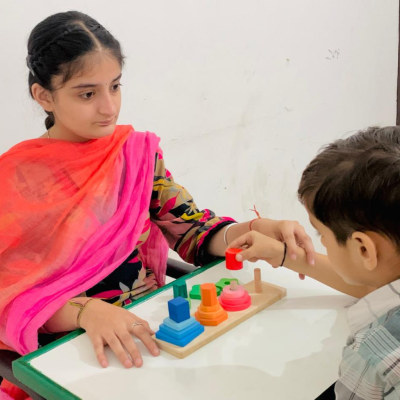
हम बच्चे को रोज़ रोज़ park या mall में activity करवाने के लिए नहीं लेकर जा सकते, इसीलिए parents को अपने बच्चे की Therapy एक अच्छे से Therapy Centre में करवानी चाहिए क्योंकि एक अच्छे Therapy Centre में सभी तरह के tools होते हैं जो hyperactivity को कम करते हैं।
4️. Use Playful Distraction While Feeding
If your child becomes anxious at mealtime, make the experience light-hearted.
Try these ideas:
- Sing their favorite rhyme while offering a bite.
- Use toys or flashcards for a “bite and play” activity.
- Try gentle sensory tricks like a warm wipe or a fun spoon.
This reduces food-related anxiety and makes eating feel like part of a fun activity, not a forced task.
Children associate food with the emotion they feel while eating it. So keep the mood happy and positive!
Ready to Help Your Child Speak With Confidence?
Don’t wait—early intervention is the key to lifelong success.
📞 Call us today or 🗓️ Book a FREE consultation now to get started with expert Speech Therapy in Barnala.
Explore Our Specialized Therapies
Is your child struggling with speech, social skills, or daily activities? The right therapy can unlock their full potential! At Hope Speech India – Barnala, we provide expert care to help children communicate, learn, and thrive
Get Started Consultation
Free
Not Sure Where to Start? Get a Free Consultation Today! Let’s find the best therapy plan for your child’s growth and success.
Cancel at any time. 100% money back guarantee.
Hope Centre for Speech Therapy and Autism (Barnala)
- 22, Ekad Colony, opposite Ambey Garments Store, near Bus Stand, Barnala, Punjab 148101
- +91 90565 55310
- hopeadsleads@gmail.com
Our Location
Hope Centre For Speech Therapy And Autism (Barnala)
- 22, Ekad Colony, opposite Ambey Garments Store, near Bus Stand, Barnala, Punjab 148101
- +91 90565 55310
- hopeadsleads@gmail.com
© 2025 Hope Centre For Speech Therapy & Autism – Barnala. All rights reserved.

